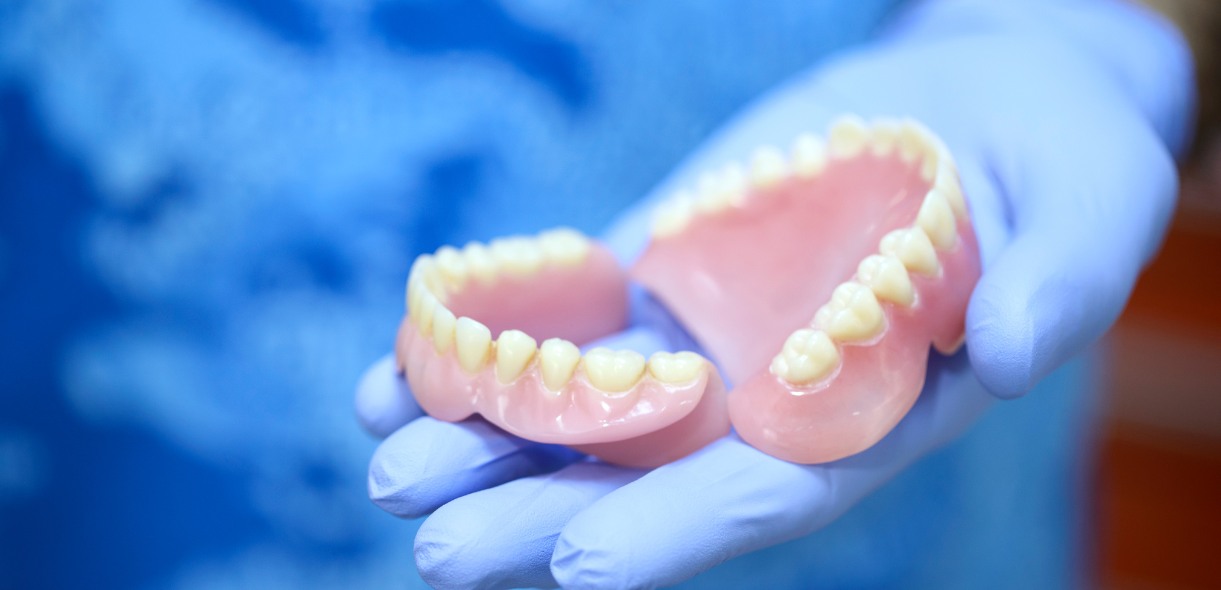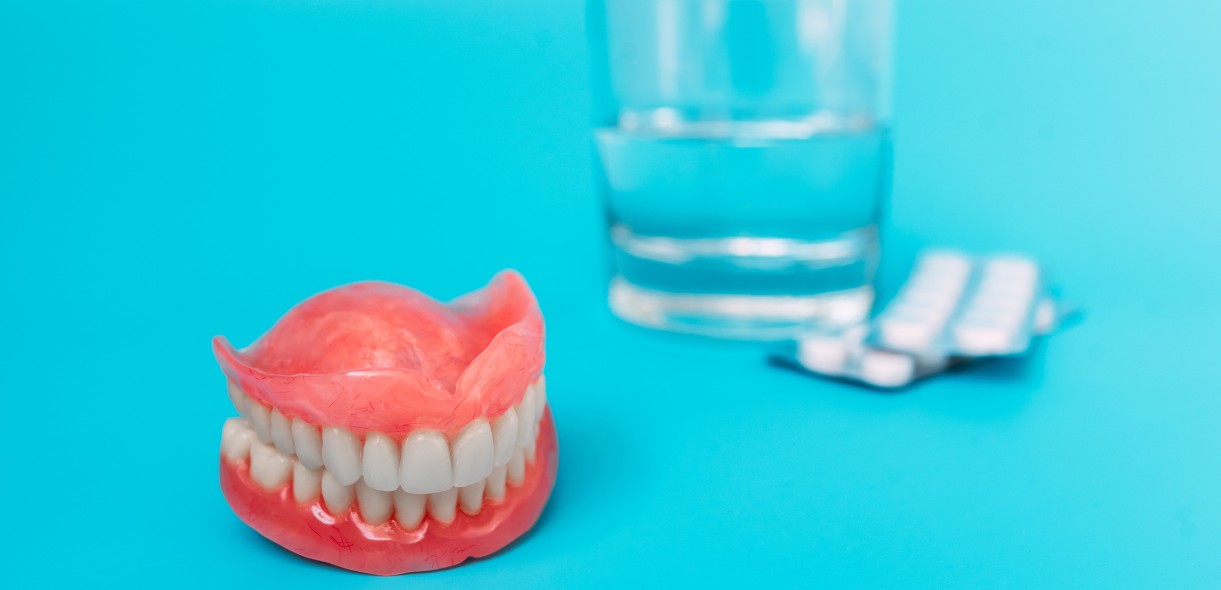
Dentures are crucial for people who have lost teeth. They don’t just make smiles look good again; they also help keep mouths healthy. Let’s learn more about dentures – their past, different types, advantages, how to care for them, and what might change in the future.
A. Understanding the Basics of Dentures
Dentures, commonly referred to as false teeth, are removable prosthetic devices designed to replace missing teeth and surrounding tissues. Crafted from durable materials like acrylic resin and porcelain, dentures mimic the appearance and function of natural teeth, aiding in chewing, speaking, and maintaining facial structure.
B. History of Dentures
The history of dentures dates back centuries, with evidence of rudimentary tooth replacements found in ancient civilizations. However, modern dentures as we know them today evolved significantly during the 18th century, with advancements in materials and techniques leading to more comfortable and functional prosthetics.
C. Significance of Dentures in Oral Health
Beyond restoring a complete smile, dentures play a vital role in oral health. Tooth loss can result in various issues, including difficulty chewing, speech impediments, and even changes in facial structure. By filling the gaps left by missing teeth, dentures promote proper alignment, support facial muscles, and prevent further oral health complications.
II. Types of Dentures
A. Full Dentures
Full dentures, also known as complete dentures, are designed to replace all teeth in either the upper or lower jaw. These prosthetics rest directly on the gums and are typically held in place by suction or adhesive.
B. Partial Dentures
Partial dentures are utilized when only some teeth are missing, leaving natural teeth intact. These prosthetics consist of replacement teeth attached to a metal or acrylic framework that clasps onto existing teeth for support.
C. Implant-Supported Dentures
Implant-supported dentures offer a more secure and stable alternative to traditional dentures. Dental implants, surgically placed into the jawbone, serve as anchors for the denture, preventing slippage and promoting better chewing efficiency.
III. Benefits of Dentures
A. Restoring Proper Nutrition
Missing teeth can hinder one’s ability to chew effectively, leading to dietary restrictions and nutritional deficiencies. Dentures restore the ability to bite and chew a variety of foods, ensuring adequate nutrition and overall health.
B. Enhancing Speech and Communication
Tooth loss can impact speech clarity, causing difficulties in pronunciation and communication. Dentures provide support to the lips, tongue, and cheeks, facilitating proper articulation and improving speech.
C. Boosting Self-Confidence
A complete and healthy smile plays a significant role in self-esteem and confidence. Dentures not only restore aesthetics but also empower individuals to smile, speak, and interact with confidence and assurance.
IV. Maintaining Dentures
A. Cleaning and Storage
Proper maintenance is essential for prolonging the lifespan of dentures and preventing oral infections. Dentures should be cleaned daily with a soft-bristled brush and mild denture cleaner, then stored in a denture solution or water when not in use.
B. Regular Check-Ups
Routine dental check-ups are crucial for assessing the fit and condition of dentures, as well as monitoring oral health. Dentists can make adjustments or repairs as needed to ensure optimal comfort and function.
C. Handling Common Issues
Issues like denture discomfort, sore spots, or breakage may arise over time. It’s important to address these concerns promptly by consulting a dentist or prosthodontist for adjustments or repairs to maintain the functionality and comfort of dentures.
V. The Future of Dentures
A. Advancements in Materials
Ongoing research and innovation continue to drive advancements in denture materials, leading to more durable, lightweight, and natural-looking prosthetics that enhance comfort and aesthetics.
B. Digital Dentures
Digital technology has revolutionized the denture fabrication process, enabling precise digital impressions and computer-aided design (CAD) to create custom-fit dentures with unparalleled accuracy and efficiency.
C. Customization and Comfort
The future of dentures lies in personalized treatment approaches that prioritize patient comfort and satisfaction. Customization options, such as 3D printing and digital smile design, allow for tailored solutions that meet individual needs and preferences.
Conclusion
In conclusion, dentures serve as a vital solution for individuals grappling with tooth loss, offering not only aesthetic restoration but also essential functions in maintaining oral health and overall well-being. With advancements in materials, technology, and personalized treatment approaches, the future of dentures looks promising, promising enhanced comfort, durability, and aesthetics. By prioritizing proper maintenance and regular dental care, individuals can enjoy the benefits of dentures and improve their quality of life with a confident and healthy smile.

